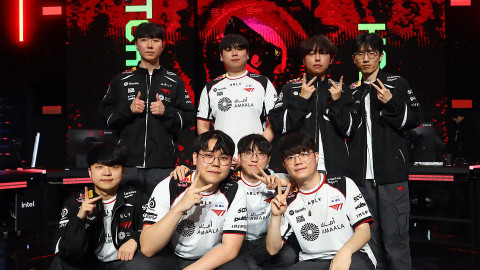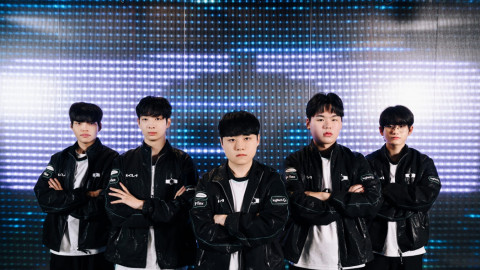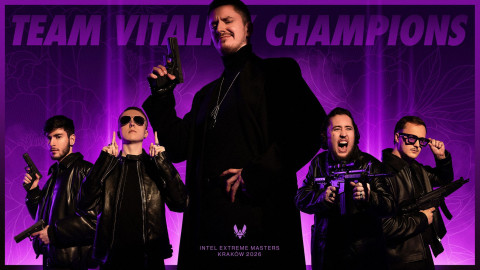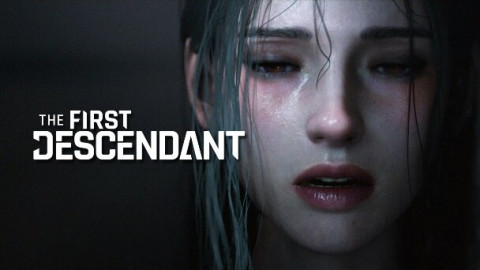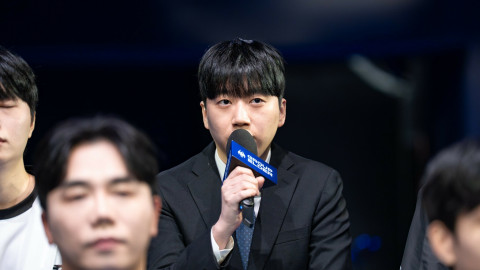
The secret agent has been a staple of American pop culture dating back to the Cold War, with James Bond captivating a generation with his smooth spying and deadly combat skills, and it continued for a new generation with the popularization of Tom Clancy and Robert Ludlum’s novels. Naturally, video games followed suit, with an espionage adventure available to play on practically every system imaginable. But just within the last few years, the suit-wearing, pistol-wielding master of stealth has almost gone extinct. IO Interactive, the developers of Hitman, will soon separate from parent company Square Enix, and if a buyer for the studio is not found, it’s likely that it will be liquidated and the Hitman franchise could be put on hiatus.
Other longtime franchises like Metal Gear Solid have been turned into shells of what they once were (upcoming zombie shooter Metal Gear Survive could be the final game), while series like Syphon Filter have been effectively abandoned over the last decade. But just what happened to get us to the point where Ubisoft’s Splinter Cell – a series that hasn’t seen a new installment in nearly four years – could stand as the last major espionage franchise remaining? The answer is twofold, but it still points to a bright future for the genre, provided that game publishers are willing to give it a chance again.
Over the last decade, we’ve seen game budgets and sales expectations balloon as the medium continues to grow. Bungie’s Destiny has been reported to have cost up to $500 million when factoring in marketing, and while these massive piles of cash allow for bigger, more expansive games, they are also huge risks for publishers. AAA games are expected to be the start of a new franchise, and should the first game not succeed, it often seems wiser to just cut losses and move onto a new project. This was the case with Obsidian Entertainment’s Alpha Protocol, a role-playing spy adventure that was, and is, unlike anything else on the market. The game wasn’t exactly a critical darling, and its slow sales figures convinced publisher SEGA to kill any chance of a sequel.

A poor showing from one of gaming’s (and film’s) most legendary franchises, 007, also led to it being effectively canceled. Following the somewhat lukewarm reception to Goldeneye 007 Reloaded, a James Bond game that took the plot points of the original game and film and combined it with the Call of Duty series’ action-heavy gameplay, Activision gave it another try with 007 Legends. The result was a colossal failure, with poor review scores from both professional critics and players. Developer Eurocom closed its doors shortly thereafter and the Bond license has remained dormant ever since.
The fate of gaming’s most acclaimed espionage franchise, Metal Gear Solid, is perhaps the most depressing of all because the games’ quality had absolutely nothing to do with the decision. Though concrete details are scarce and will likely remain so due to publisher Konami’s infamous tone-deaf messaging, it was reported shortly before Metal Gear Solid V: The Phantom Pain’s release that it cost the publisher over $80 million to produce. This budget, coupled with Konami’s decision to move away from traditional console and PC development for work on mobile games and Pachinko machines, appears to have expedited the split between the company and series mastermind Hideo Kojima. The results are, however, the same. After the release of spin-off game Metal Gear Survive, which appears to be re-using a large portion of The Phantom Pain’s assets, the series could suffer the same fate as Skull Face: a bullet to the head.

The second reason I see for the decline of spy games is less obvious – it has very little to do with the espionage titles themselves, and more with their best elements being cherry-picked by other genres. The blending of genres has become increasingly popular over the last several years, often through adding role-playing elements into non-role-playing games, but stealth has also managed to wiggle its way into even the most action-packed titles. If you want to “ghost” your way through a Far Cry mission or exclusively use sneak-attacks in Rise of the Tomb Raider, the tools are available to you. The stealth-oriented games that remain, such as Dishonored, also include a number of more combat-heavy elements to help the less-sneaky among us still enjoy the game. “Stealth” as a genre hasn’t disappeared completely, and with a dedicated following, it never will, but as lines between genres grow blurrier, we’re left with few games that only focus on stealth alone.
But the future for the superspy in video games isn’t as bleak as it might seem. Though Splinter Cell Blacklist underperformed commercially, it proved that genre-blending could still work for secret agents. Using three distinct play-styles, the game was fully playable as a pure stealth title, a stealth-action game, or even a third-person shooter. The later success of later Tom Clancy games such as Rainbow Six Siege and Ghost Recon Wildlands bodes well for protagonist Sam Fisher’s future, and the rumor mill even begin swirling late last summer with news that original voice actor Michael Ironside would be coming back for a new game.

Even if Splinter Cell remains the only established espionage franchise to live another day, it doesn’t mean that the genre is doomed. Fans only need to let their voices be heard so developers and publisher know that there is interest in a “Metal Gear-like.” In the last few years, we’ve already seen this strategy succeed with the Kickstarter campaigns for Mighty No. 9 – which promised to bring back the action-platforming of Mega Man – and the 3D platformer Yooka-Laylee. Yes, both games were generally seen as disappointments, but the principle remains the same – if enough people say that they want something, it’s going to be made. There’s no reason why that “something” can’t follow in the footsteps of gaming’s greatest secret agents. And if Sam Fisher does remain the industry’s sole remaining superspy, it isn’t all bad. After all, he has always worked best alone.

Disclaimer : The following article was written freely based on the author's opinion, and it may not necessarily represent Inven Global's editorial stance.
Sort by:
Comments :0


